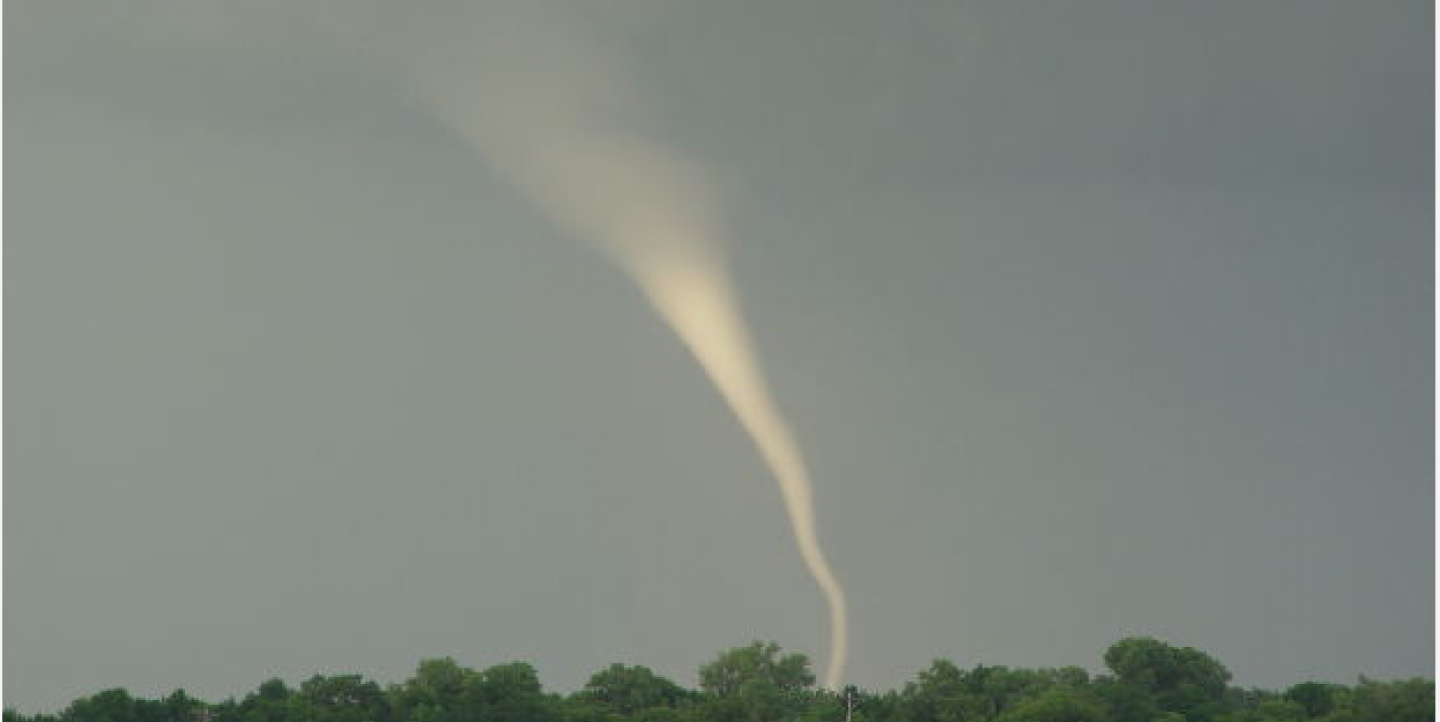You don't know the subject, you don't know the name of the person you are interviewing, you have to finish an interview about a science story in five minutes – this is an emergency!
There are a number of standard questions that always work:
- What is the occasion?
- What and how big is the problem?
- What is the cause?
- What are the consequences?
- What is the solution?
- What is its effect?
But to make your interview more exciting, try these:
-
"Briefly, what excites you about your work?"
-
This question, and its cousin, "What is the most important aspect of your work?" do not work very well for live interviews because the answer is inevitably too long. So try a speedy alternative, like, "What kind of response has there been to your research?"
-
Or: "Describe the day when you made your discovery."
-
They may say, "No, no, no, this process took a dozen people working flat out for a decade." Great! That's a good quote.
-
Try: "Tell us what scientific discoveries you made today" or "Why is your area of scientific discovery important (or relevant) for the ordinary citizen of this country?"
-
And ask: "What happens next in the process of discovery?"
-
If you are doing a story on fundamental scientific research, link it to the needs of the community and intellectual exploration. You'll find that a story resides in every interview – even if the interviewee happily admits that they find their subject absorbing and fascinating and don't know if it helps anyone else. Many relevant scientific discoveries started in this fashion.
- Another good question is, "What's the coolest thing about your work?" This is deliberately crude and gets scientists giving a more personal and colorful view. A listener or reader may not know anything about bioinformatics but will still respond with interest to a scientist saying, "The really cool thing about bioinformatics is that you can go out into the wilderness, take your laptop, and sit and do your work."
You can read more about interview techniques in the online science journalism course of the World Federation of Science Journalists. All ten lessons are available for free in English, Arabic, French, Spanish, Portuguese, Chinese and Turkish.

